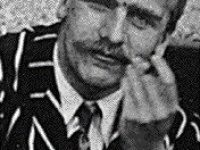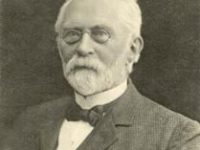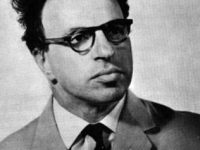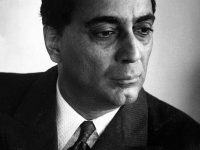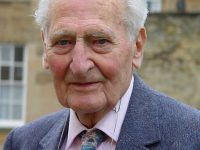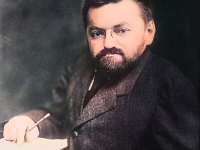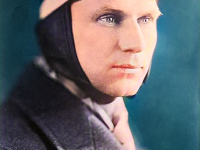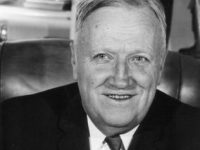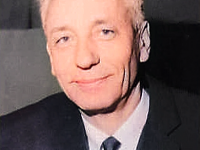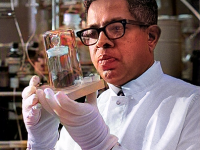J. B. S. Haldane and population Genetics
On November 5, 1892, English geneticist and biometrician John Burdon Sanderson Haldane was born. Haldane is known for his work in the study of physiology, genetics, evolutionary biology, and in mathematics, where he made innovative contributions to the fields of statistics and biostatistics. “My own suspicion is that the universe is not only queerer than we suppose, but queerer than we can suppose.” — J. B. S. Haldane Youth and Education John…
Read more

